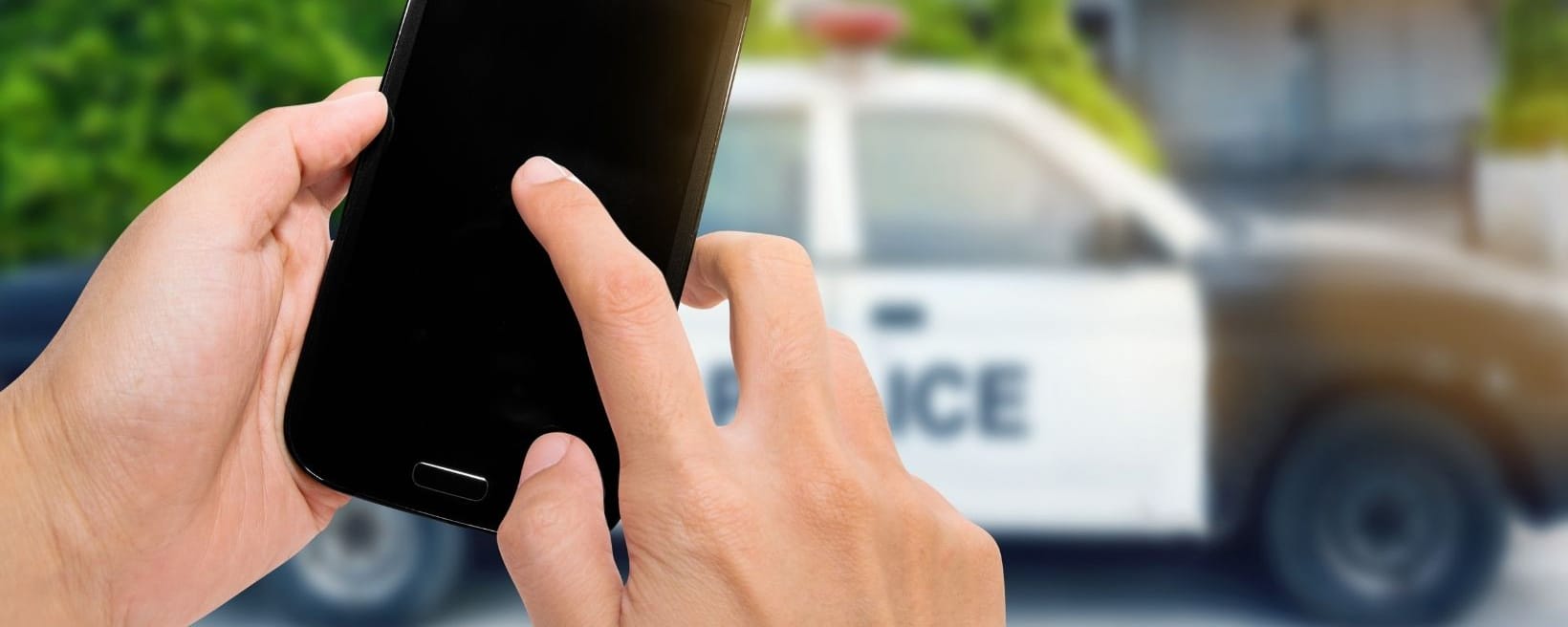How social media is changing the way our protective services operate

We’ve all been guilty of scrolling on social media to then come across news of a missing teenager, a devastating fire or even the passing of a celebrity. According to a report by Ofcom, half of UK adults rely on social media to keep up to date with the latest news, with Facebook as the second most popular news source, after television.
As much as we rely on social media, our protective services, primarily our police and fire services have harvested the power of reaching out to communities to further support their work. As a result we’ve seen lots of successful outcomes, including finding missing children faster and more public awareness. Keep reading as we discuss more positives that have come through the use of social media.
Appeals and requests
Whilst we still see press conferences on television urging people to come forward with information, social media has proved much more efficient in appealing for information from a greater and more varied number of people. According to APD, the majority of people in England and Wales who go missing will now return or be found within 24 hours (79%).
Social media also provides valuable information into potentially disruptive or dangerous events. As an example, data taken from the London riots in 2011 showed that computer systems could automatically scan through Twitter to detect serious incidents, such as videos of shops being broken in to and cars being set alight, even before they were reported to the Metropolitan Police Service.
Warnings
Alerting people to issues such as blocked roads, dangerous weather, but also to potential fraud or computer viruses, has also been made incredibly effective through social media. Fire and rescue services, for example have used the platforms to promote key campaigns throughout the year, such as open water safety during summer.
By its nature, social media encourages interaction, so even just tagging friends and family and commenting on posts can be instrumental in sharing important news. It also eliminates the dangers of ‘fake news’ spreading if information is coming from an accredited page, like a local police force or fire station.
Reporting
Many police forces around the country have introduced a dedicated space for people to report non-urgent crimes and other issues confidentially through social media. The space also provides an opportunity to seek advice on more complicated matters, which can be incredibly useful for those who are in a vulnerable situation and cannot speak freely, such as victims of domestic abuse.
There’s no denying our protective services provide a crucial role in all our lives and social media has helped demonstrate just how important they really are. If you too would like to be part of supporting your local community, then a protective services course with Walsall College could provide the tools you need to make a real difference.




